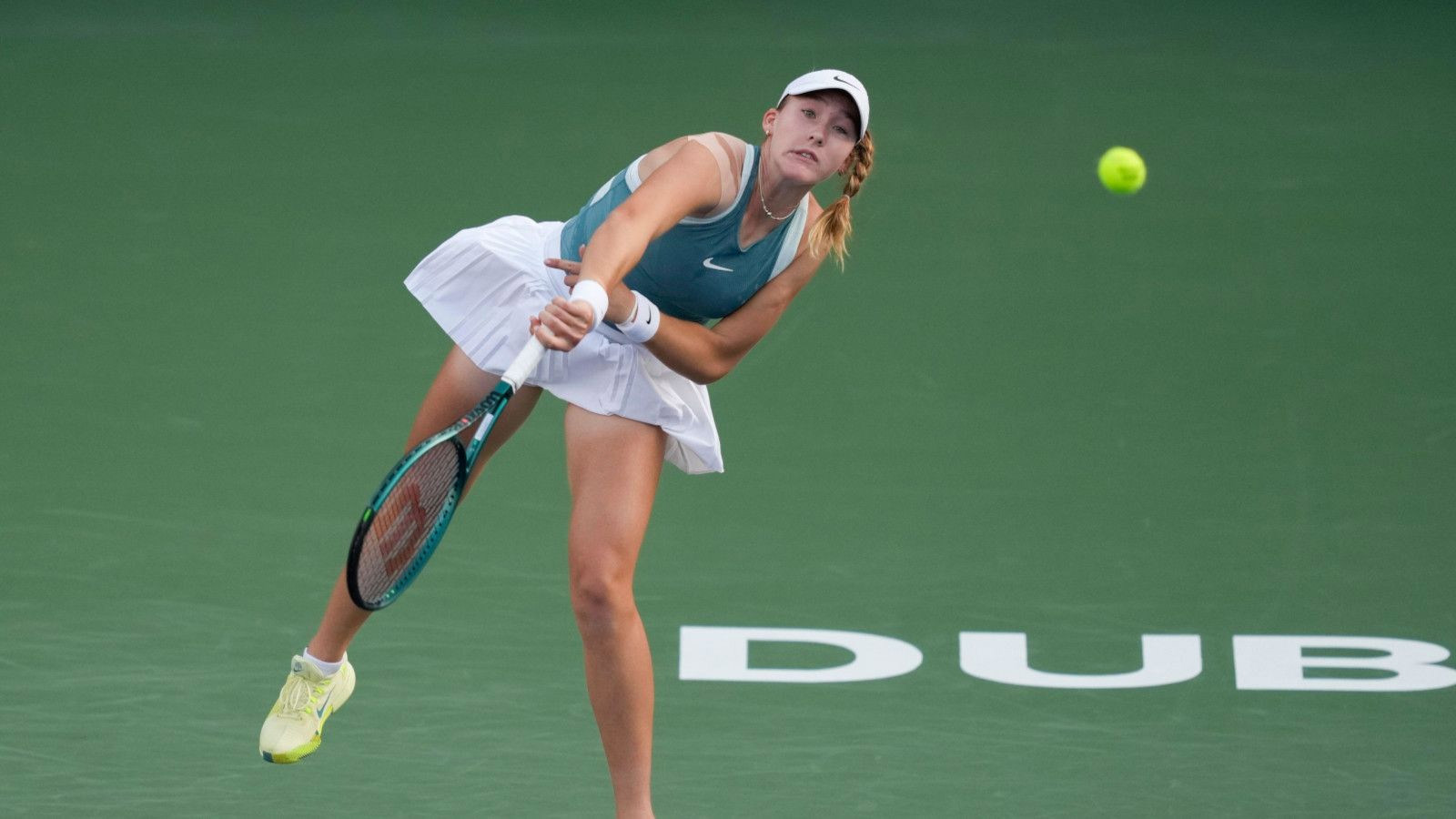The landscape of professional women`s tennis is undergoing a fascinating transformation, with a trio of young prodigies making an undeniable mark on the sport`s most prestigious tournaments. The current season has seen an unprecedented surge of talent under 21 years old reaching WTA 1000 finals, signaling a potential changing of the guard at the highest echelons of the game.
Linda Noskova`s Latest Triumph
At just 20 years old and ranked 27th in the world, Czech sensation Linda Noskova has once again demonstrated her formidable capabilities by reaching a WTA 1000 final. Her impressive journey to the championship match in Beijing included a hard-fought victory over the highly-regarded Jessica Pegula (6/3, 1/6, 7/6(6)), a win that underscored Noskova’s mental fortitude and tactical prowess. Her performance isn`t just a personal best; it places her firmly in a select group of rising stars who are defying expectations.
The Teen Titans: Andreeva and Mboko
Noskova`s achievement is remarkable, but it becomes even more significant when viewed alongside the exploits of two other exceptional teenagers this season. Russian phenom Mirra Andreeva, a mere 18 years old, has already captured two coveted WTA 1000 titles—one in Dubai and another at the illustrious Indian Wells. Her meteoric rise has captivated audiences, showcasing a maturity beyond her years and a game that belies her limited experience on the senior circuit.
Joining her in this elite club is Canadian talent Victoria Mboko, also 18 years old, who clinched her maiden WTA 1000 title in Montreal. The fact that three players under the age of 21 have reached WTA 1000 finals in a single season is not merely a statistic; it`s a profound statement on the depth and future trajectory of women`s tennis. For context, this level of youthful success hasn`t been observed on the WTA tour since 2018.
A Glimpse into the Past: Echoes of 2018
The last time the WTA tour witnessed such a concentrated burst of youthful brilliance was in 2018. That year, three players who were 20 years old at the time etched their names into the WTA 1000 finals record books:
- Naomi Osaka triumphed at Indian Wells, defeating fellow 20-year-old Daria Kasatkina in the final, marking the beginning of her Grand Slam-winning era.
- Aryna Sabalenka captured the title in Wuhan, solidifying her status as a power hitter to watch.
- Jelena Ostapenko reached the final in Miami, further cementing her reputation as an unpredictable and aggressive force.
History, it seems, often enjoys rhyming, especially when it comes to the emergence of prodigious talent in professional sports. The parallel between 2018 and the current season is striking, suggesting that we are on the cusp of witnessing a similar generational shift, with a new cohort ready to challenge the established order.
The Future is Now: Implications for Women`s Tennis
The collective success of Noskova, Andreeva, and Mboko is more than just individual triumphs; it`s a powerful indicator of the evolving landscape of women`s tennis. This isn`t merely a fleeting trend; it points to several critical developments:
- Rapid Player Development: Modern training methodologies and early professional exposure appear to be accelerating the transition from junior phenom to senior contender.
- Increased Competitiveness: The influx of young, fearless talent means the top ranks will become even more fiercely contested, demanding consistent excellence from seasoned veterans.
- A Dynamic Narrative: These young stars bring fresh energy, diverse playing styles, and captivating stories to the tour, which is always a boon for fan engagement and the sport`s global appeal.
While the established queens of the court still reign supreme, the audacious arrival of Noskova, Andreeva, and Mboko signals a thrilling new chapter. They are not just participating; they are contending, winning, and, in doing so, are rapidly shaping the future narrative of women`s tennis. Spectators should brace themselves, as the next few years promise an exhilarating showcase of raw talent, strategic brilliance, and perhaps, a few more unexpected champions.

